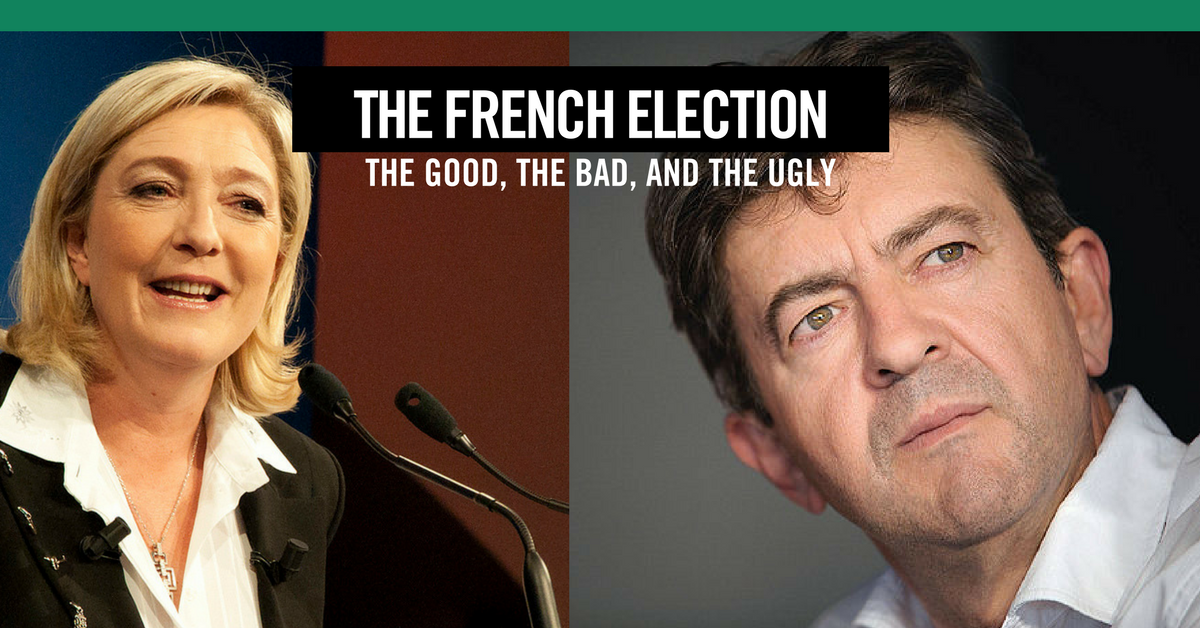Sevens Report: U.S.-Iran Talks Leave Geopolitical Risks Elevated
Tyler Richey says stalled negotiations keep markets on edge despite open channels.
Oil markets are on edge over elevated risks of a U.S. military strike against Iran this weekend
Geopolitical risks remain largely unchanged following the latest U.S.-Iran discussions, according to Sevens Report Research. Co-editor Tyler Richey said the talks failed to deliver progress on the core issues facing both sides, leaving tensions at roughly the same level as before the meetings.
Richey noted that while the lack of breakthroughs is disappointing, the fact that negotiations did not collapse entirely still matters for markets. Open communication channels reduce the odds of an immediate escalation, but they do not eliminate near-term risks.
With tensions still elevated, Richey said the possibility of military action cannot be dismissed, particularly over a short time horizon. That uncertainty helps explain why many traders are reluctant to hold short positions heading into the weekend, when headline risk is highest.
He added that newly announced sanctions are best viewed as incremental pressure designed to accelerate negotiations rather than a signal of imminent conflict. For now, Sevens Report believes geopolitical uncertainty will remain a background risk factor rather than a dominant market driver unless energy supplies are directly threatened.
Also, click here to view the full article published in MarketWatch on February 6th, 2026. However, to see the Sevens Report’s full comments on the current market environment sign up here.
If you want research that comes with no long term commitment, yet provides independent, value added, plain English analysis of complex macro topics, then begin your Sevens Report subscription today by clicking here.
To strengthen your market knowledge take a free trial of The Sevens Report.
Join hundreds of advisors from huge brokerage firms like Morgan Stanley, Merrill Lynch, Wells Fargo Advisors, Raymond James, and more! To start your quarterly subscription and see how The Sevens Report can help you grow your business, click here.



